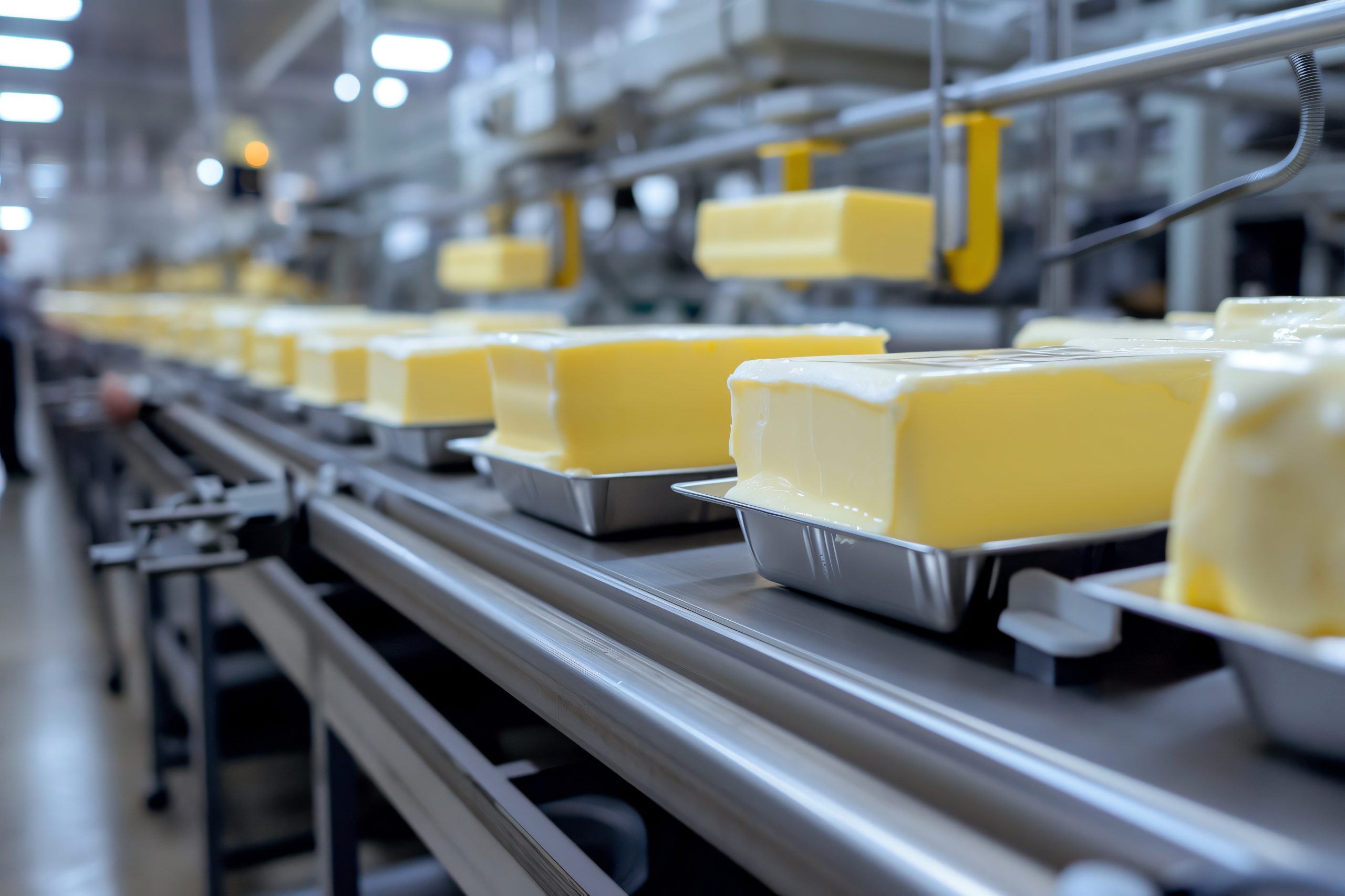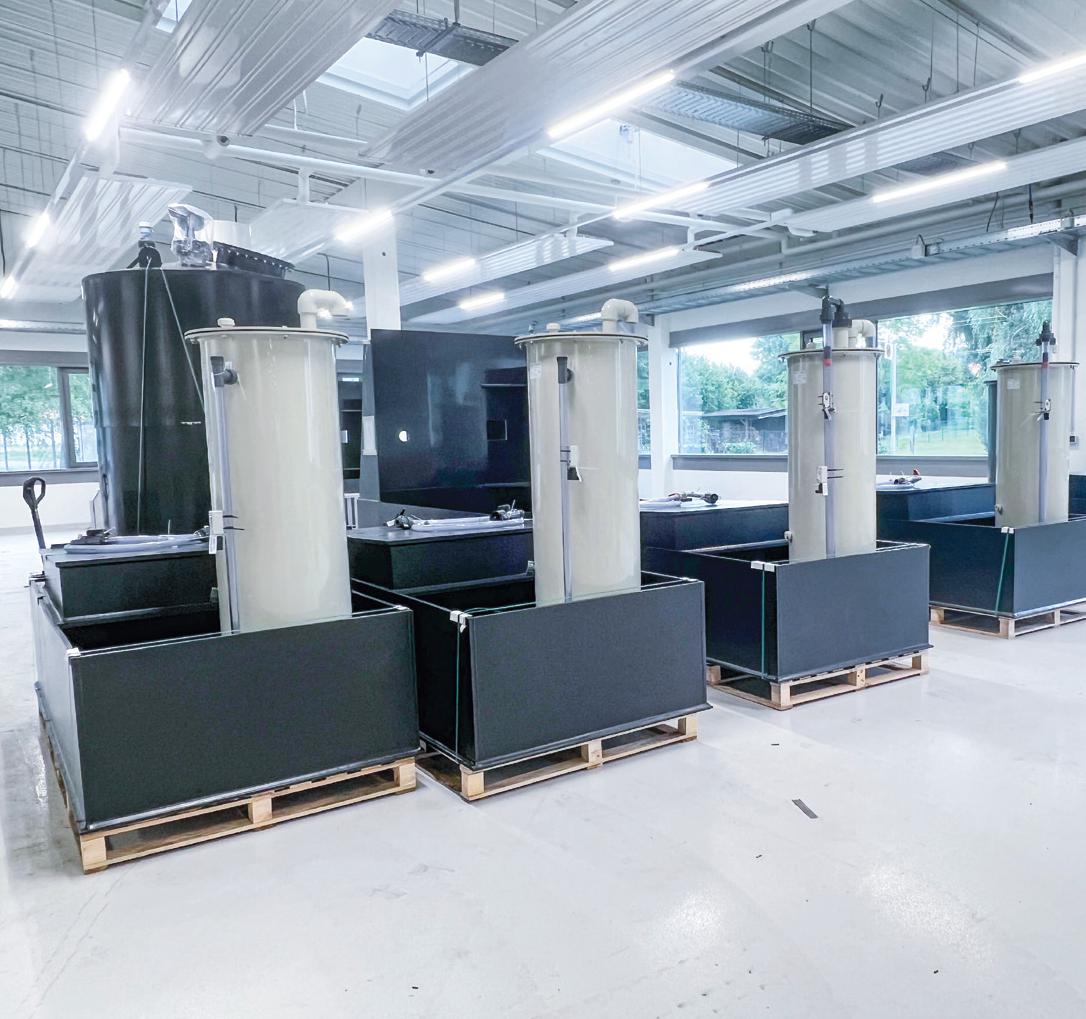„Des Erdinger Weißbier, des is hoid a Pracht hollara-di-riad-dei, des schmeckt uns beim Tag und bei der Nacht.“
Everyone in the German-speaking world knows this Bavarian jingle. No wonder – Erdinger Privatbrauerei has been using it unchanged in TV and radio adverts since the 1970s. Consistency, reliability and quality – that’s what Erdinger stands for, and not just in advertising.
Founded in 1886, the company has always been committed to wheat beer. With the world-famous Erdinger Weißbier, they have created a classic that has enjoyed great popularity for over 130 years. In the meantime, the portfolio has of course been supplemented by other beers, such as non-alcoholic wheat beers. With an output of 1.7 million hectolitres, the wheat beer brewery in Erding is the largest wheat beer brewery in the world and the private brewery’s only production site. From here, Erdinger sells its beers in over 100 countries. Erdinger wheat beers are traditionally produced by bottle fermentation.
Consistency, reliability and quality – these are the factors behind Erdinger’s success story. And, of course, strong partners who share the same values as Erdinger.
Erdinger has been relying on sera’s expertise and experience in the beverage industry for almost 30 years. Around 150 dosing pumps and dosing systems are in use at the private brewery and ensure smooth processes and consistent quality in production.
Belt lubrication
Smooth product transport, in the truest sense of the word, between individual systems such as bottling or packaging is essential for efficient production. To reduce friction between the conveyor belt and the bottle or crate, the conveyor belts at Erdinger are also lubricated. sera dosing technology is used here to add the right amount of chemicals to the water circuit for belt lubrication.
Cleaning in Place (CIP)
Cleaning in Place (CIP) is used in the food and beverage industry to cyclically clean the entire production system, including tanks and pipework. The product remaining in the system is first rinsed out, then organic trace substances are removed with lye, mineral deposits are removed with acid and finally the system is rinsed with fresh water. The chemicals required for cleaning are stored in stacking tanks. The chemicals (lye, acid and disinfectant) are mixed in the required concentration (usually 98 % H2O and 2 % additive) and dosed into the cleaning process using sera compact dosing systems of the CVD (Compact Vertical Dosing) type. CIP is not only safe, but above all economical, as the cleaning agents and water used are only consumed in the desired quantity and can be partially recycled.
Design in the food and beverage industry
To ensure that CIP works perfectly, dosing systems and pumps must have special design features. The products used are designed and constructed by sera in such a way that there are no so-called dead spaces in the respective interior (part in contact with the media) in which solids or bacteria can be deposited.
Process and waste water treatment
Efficiency and sustainability are important factors in every production process – and Erdinger is no exception. The treatment of process and waste water can therefore make a difference. Treated with the right chemicals, the water can be reused and thus contribute to sustainable production. Erdinger draws its brewing water directly from two of the brewery’s own wells with a depth of 160 metres. If necessary, the brewing water is also treated to ensure a constant pH value, for example. Dosing technology from sera is also used here, thus ensuring the sustainable use of water.
We are proud of this decades-long partnership and look forward to working with Erdinger in the coming decades to ensure that Erdinger wheat beer tastes like Erdinger wheat beer.



